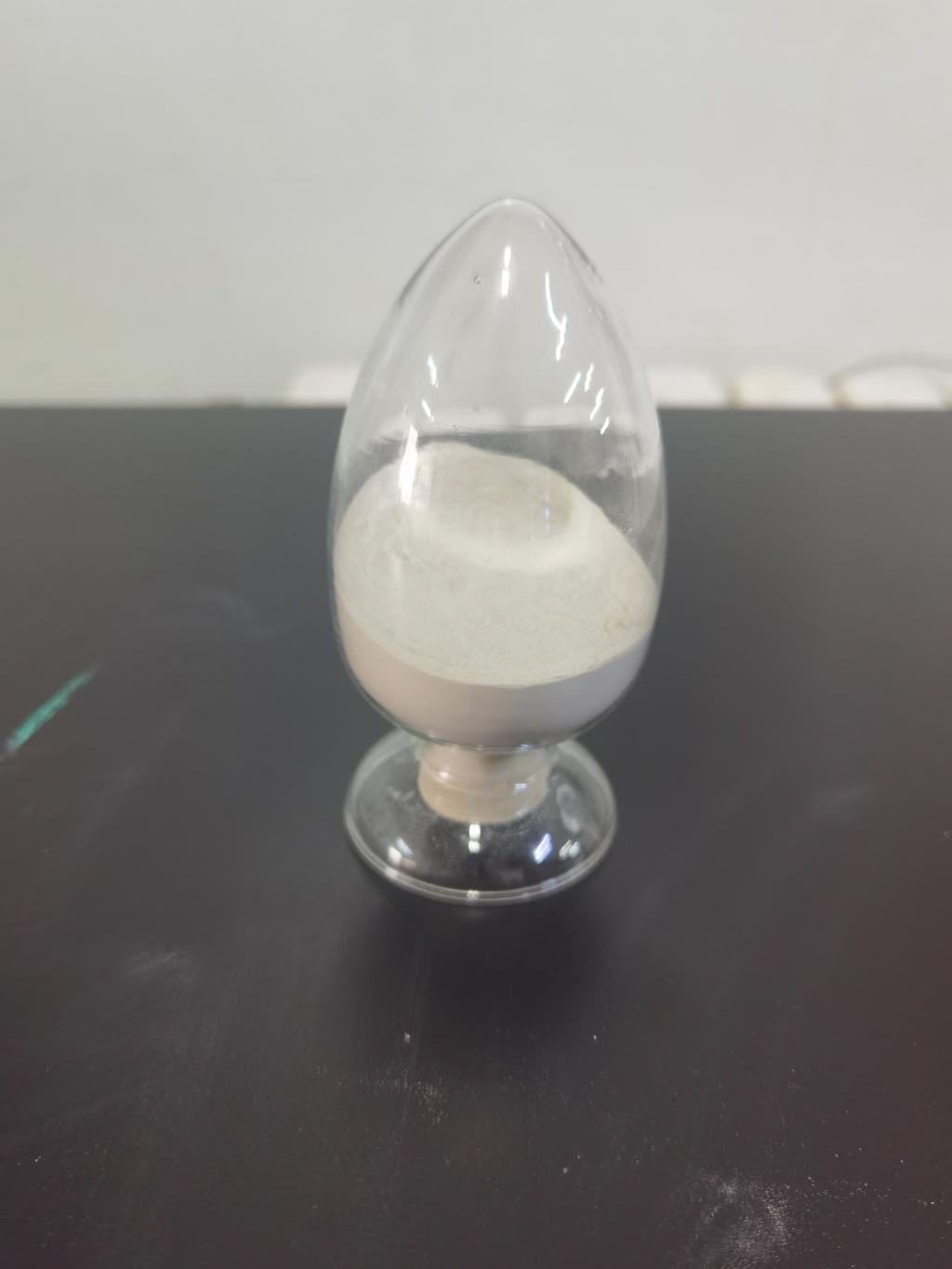Tel:+8618231198596

News
 CONTACT
CONTACT
 CONTACT
CONTACT
- Linkman:Linda Yao
- Tel: +8618231198596
- Email:linda.yao@dcpharma.cn
- Linkman:CHARLES.WANG
- Department:Overseas
- Tel: 0086 0311-85537378 0086 0311-85539701
News
Health benefits of Nisin as a natural food preservative.
TIME:2024-05-08
Antimicrobial Properties:
One of the primary health benefits of Nisin is its potent antimicrobial activity against a wide range of foodborne pathogens and spoilage microorganisms. Nisin effectively inhibits the growth of bacteria such as Listeria monocytogenes, Staphylococcus aureus, and Clostridium botulinum, which are commonly associated with foodborne illnesses. By controlling microbial growth, Nisin helps to reduce the risk of foodborne disease outbreaks and improves food safety.
Impact on Gut Health:
Emerging research suggests that Nisin may have a beneficial impact on gut health due to its interactions with the gut microbiota. Studies have shown that Nisin can selectively inhibit the growth of harmful bacteria in the gut, while sparing beneficial bacteria such as Lactobacillus and Bifidobacterium. This selective antimicrobial activity may help to promote a healthy balance of gut microbiota and support digestive health. Furthermore, Nisin has been investigated for its potential role in preventing intestinal inflammation and enhancing intestinal barrier function, which are essential components of overall gut health.
Safety Considerations:
The safety of Nisin as a food ingredient has been extensively evaluated by regulatory agencies worldwide, including the Food and Drug Administration (FDA) in the United States and the European Food Safety Authority (EFSA) in the European Union. Nisin is generally recognized as safe (GRAS) when used within regulatory limits, and it has been approved for use in various food products. However, it is essential to ensure proper formulation and dosage to minimize the risk of adverse effects. Additionally, studies have shown that Nisin is rapidly degraded in the gastrointestinal tract and does not accumulate in the body, further supporting its safety for consumption.
Regulatory Approval:
Nisin has received regulatory approval for use as a food preservative in many countries around the world. It is listed as an approved food additive with specific maximum usage levels established by regulatory authorities. The FDA has approved Nisin for use in a variety of food products, including dairy, meat, poultry, and canned foods. Similarly, the EFSA has evaluated the safety of Nisin and established acceptable daily intake (ADI) levels. These regulatory approvals provide assurance of the safety and efficacy of Nisin as a natural food preservative.
Implications for Consumer Health:
The use of Nisin as a natural food preservative aligns with consumer preferences for clean-label ingredients and healthier food choices. By replacing synthetic preservatives with Nisin, food manufacturers can offer products that are perceived as more natural and safer for consumption. Additionally, the potential health benefits of Nisin, such as its antimicrobial properties and impact on gut health, further enhance its appeal to health-conscious consumers. Overall, the widespread adoption of Nisin in the food industry has the potential to contribute to improved consumer health and well-being.
Conclusion:
Nisin offers a range of health benefits as a natural food preservative, including its potent antimicrobial properties, potential impact on gut health, and regulatory approval for use in food products. By replacing synthetic additives with Nisin, food manufacturers can meet consumer demand for cleaner and safer food options. However, further research is needed to fully understand the mechanisms underlying the health benefits of Nisin and to explore its potential applications in promoting overall health and well-being. Nonetheless, the use of Nisin represents a promising approach to food preservation that supports both food safety and consumer health.
This article provides a comprehensive overview of the health benefits of Nisin as a natural food preservative, highlighting its antimicrobial properties, impact on gut health, safety considerations, and regulatory approval. Through continued research and innovation, Nisin has the potential to play a significant role in promoting consumer health and well-being in the food industry.
- Tel:+8618231198596
- Whatsapp:18231198596
- Chat With Skype







